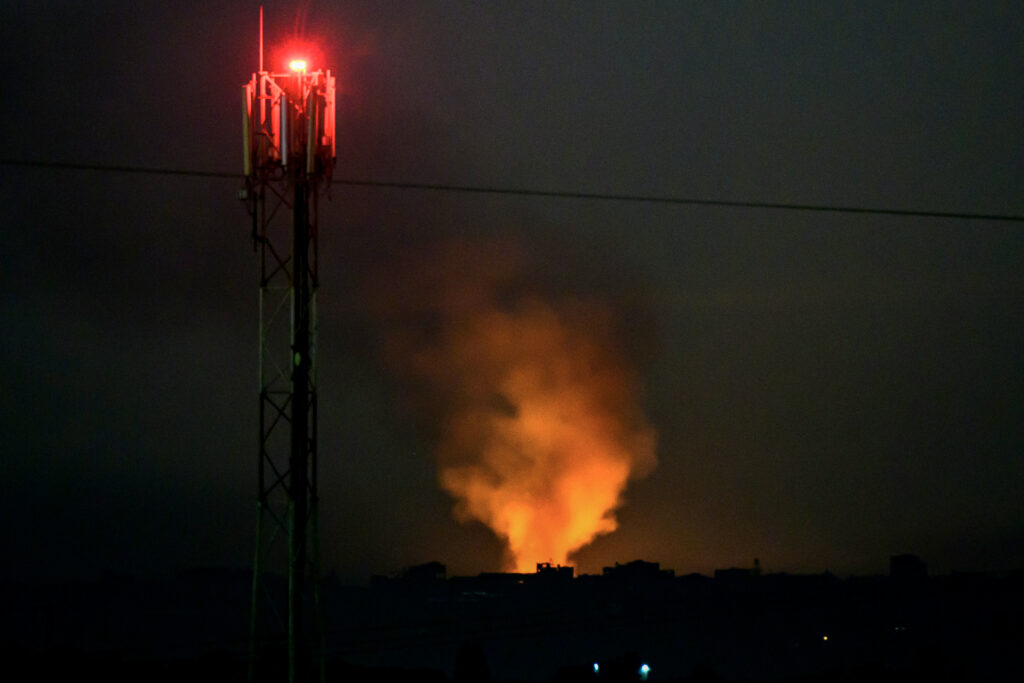
- ARAB NEWS
- 31 Jul 2025

Tokyo/Kyoto: As fighting between the Israeli military and the Palestinian militant group Hamas intensifies in the Gaza Strip, Palestinian and Israeli people living in Japan are wishing for peace from their respective standpoints while thinking of their families back home.
Jubran Ahmad, 28, a Palestinian graduate student of architecture studying in Tokyo, said he hopes that the Israeli forces will stop their attacks as soon as possible.
“I want a world where both Palestinians and Israelis can live with dignity,” Ahmad said in Japanese.
“People killed are not just numbers,” he said, complaining about media reports that tend to focus on casualty numbers. “Each and every person who died had a family, and those left behind will live in pain forever.”
Meanwhile, a 45-year-old Israeli researcher at Kyoto University voiced concern about the plight of her compatriots suffering from the conflict.
“There is a terror attack or attempt every day,” she said in English. “It’s very dangerous just to be in anywhere in Israel.”
Ahmad lived in Hebron in the southern West Bank until he was 17. He communicates with his family in Hebron by telephone two or three times a day and tries to cheer them up.
But with a relative having died recently after being shot by the Israeli military, Ahmad said that he is worried that his family may be next.
The Israeli researcher was born in Ukraine to a Jewish mother and moved to Israel at the age of 15. Her mother lives on the outskirts of Jerusalem, she said, expressing worries that “she can be killed anytime.”
The researcher felt “alone” seeing demonstrations supporting Palestinians in Japan. “I feel nobody understands Israel also needs humanitarian help now,” she said.
“Israeli people feel it was worse than the Holocaust,” she said of the Oct. 7 attack on Israel by Hamas. “I’m so sad and angry because the media don’t show how people in Israel live in bomb shelters every day, (fearing) missiles and terror attacks.”
Ahmad said that he saw how Israeli forces have destroyed homes and killed family members of his classmates when he lived in the West Bank.
It was common for people I knew to be killed, he said. “What’s happening in Gaza now is the same as what I experienced as a child.”
JIJI Press